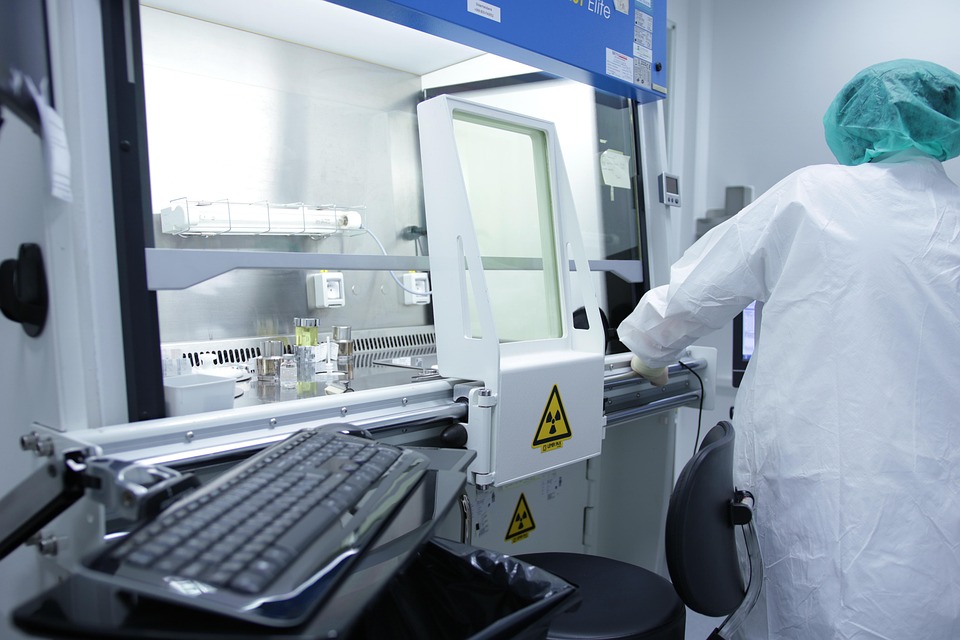The realm of laboratory technology in the UK is a dynamic and multifaceted landscape, teeming with opportunities for those who dare to delve beyond the confines of the laboratory bench. A career as a laboratory technician is not merely a job; it’s a gateway to a wealth of prospects, a chance to contribute significantly to science, healthcare, and beyond. So, how does one navigate this intricate career roadmap?
1. Understanding the Fundamentals
Before embarking on this journey, grasping the core responsibilities of a laboratory technician is crucial. These professionals are the backbone of scientific research, tasked with conducting experiments, maintaining equipment, and ensuring safety protocols are stringently followed. The role varies across disciplines—be it clinical, research, or industrial labs. Familiarity with laboratory techniques, data analysis, and quality control measures sets the foundation for any aspiring technician.
2. Essential Qualifications and Skills
To ascend in the laboratory technician hierarchy, one must possess certain qualifications. Generally, a Level 3 qualification in laboratory science or a related field is a prerequisite. However, those with a degree in a scientific discipline can find themselves at an advantage.
Skills that stand out include:
- Attention to Detail: Precision is paramount; a single error can lead to significant consequences.
- Technical Proficiency: Understanding and operating sophisticated laboratory instruments is essential.
- Communication Skills: Collaborating with scientists and other technicians demands clear and effective communication.
3. Pathways to Advancement
The journey doesn’t end with securing a position as a laboratory technician. There are myriad pathways for advancement:
3.1 Specialisation
Diving deeper into a specific field, such as microbiology, biochemistry, or clinical pathology, can set one apart. Specialised certifications from recognised institutions provide not only knowledge but also credibility and recognition in the field.
3.2 Leadership Roles
With experience comes the opportunity to step into supervisory or managerial roles. Leading a team of technicians or managing lab operations requires a blend of technical expertise and leadership skills.
3.3 Continuous Education
The scientific landscape is ever-evolving. Engaging in continuous professional development through courses, workshops, or even pursuing further education can keep one at the forefront of advancements in technology and methods.
4. Networking and Professional Associations
Building a robust professional network is invaluable. Joining associations such as the Institute of Biomedical Science (IBMS) or the Royal Society of Chemistry (RSC) can provide access to resources, job boards, and networking events. Engaging with fellow professionals can lead to mentorship opportunities and insights into emerging trends in the field.
5. The Bigger Picture
As one navigates this career path, it’s essential to keep an eye on the broader implications of laboratory work. Technicians contribute to groundbreaking discoveries, advancements in medical treatments, and innovations in technology. Understanding the impact of one’s work can be a powerful motivator.
Embracing Change
The laboratory environment is increasingly influenced by technological advancements. Automation, data analytics, and artificial intelligence are reshaping roles and responsibilities. Embracing these changes and being adaptable can significantly enhance one’s career trajectory.
In wrapping up this exploration of the career roadmaps for laboratory technicians in the UK, it’s clear that the journey is as exciting as it is varied. The potential for personal and professional growth is vast, provided one is willing to seize opportunities and continually evolve.
For those eager to carve out their own path, remember that CVPortal continues to provide a plethora of high-quality CV references, ensuring you’re equipped with the best tools to make your mark in this vibrant field.


